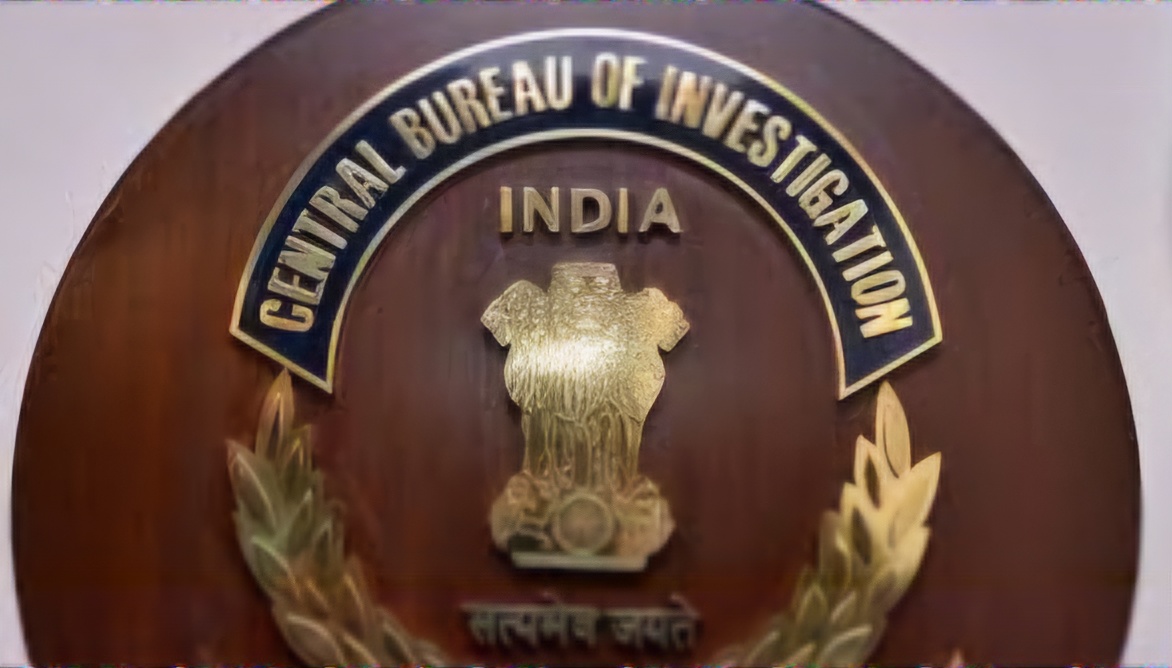


The Supreme Court of India has ruled in a landmark decision that High Courts cannot order a Central Bureau of Investigation (CBI) investigation based just on informal or correspondence correspondence. This ruling upholds the standards of procedural integrity that must be met before engaging the nation's top investigative agency in any given case.
Background of the Case
The case in question involved a High Court ordering a CBI investigation based solely on a letter sent by a concerned citizen without a formal petition or detailed judicial scrutiny. The Supreme Court took up the matter to address whether such a course of action aligns with the law and judicial precedents concerning the initiation of CBI investigations.
Supreme Court's Observations
The Supreme Court, while delivering the judgment, clarified that High Courts must adhere to established legal principles and procedures before directing CBI investigations. The Court emphasized that orders for such probes cannot be issued lightly or based on mere letters, as doing so could undermine the judicial process and open the door to frivolous claims.
The bench remarked, “The power to order a CBI investigation is not unfettered and must be exercised judiciously, with adequate reasoning and review of the factual matrix.” It further observed that involving the CBI in every matter, especially without a formal petition, could strain the agency's resources and divert attention from more serious cases requiring central investigation.
Implications of the Judgment
This administering has broader suggestions for the legal framework, because it sets a clear point of reference that Tall Courts must take after due handle some time recently requesting CBI examinations. It strengthens the require for a cautious examination of prove and circumstances some time recently locks in the central investigative body, guaranteeing that its assets are utilized fittingly.
Conclusion
The Preeminent Court's choice underscores the significance of legal caution and procedural thoroughness when requesting examinations. It serves as a update that courts must act inside the bounds of the law and guarantee that genuine investigative powers are not conjured without legitimate lawful establishing.
TAGS: Supreme Court CBI probe High Courts letters judicial process legal procedure investigation due process formal petition central investigative body judicial discretion.